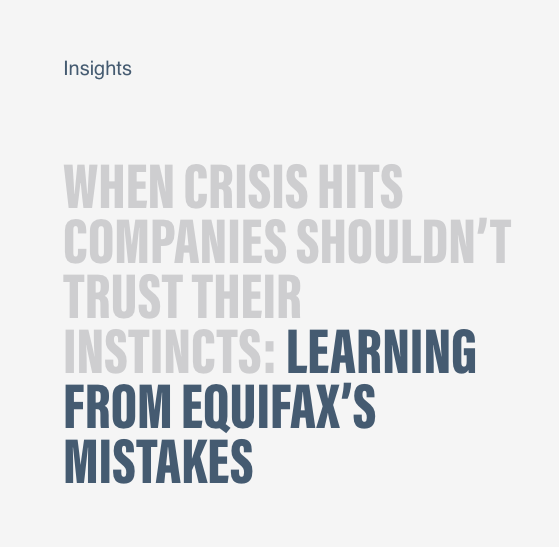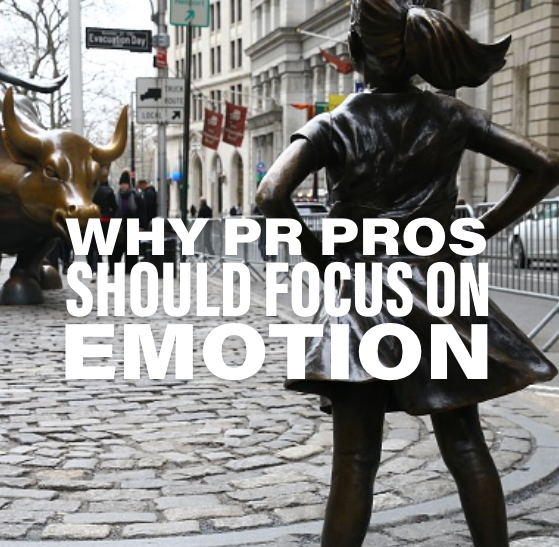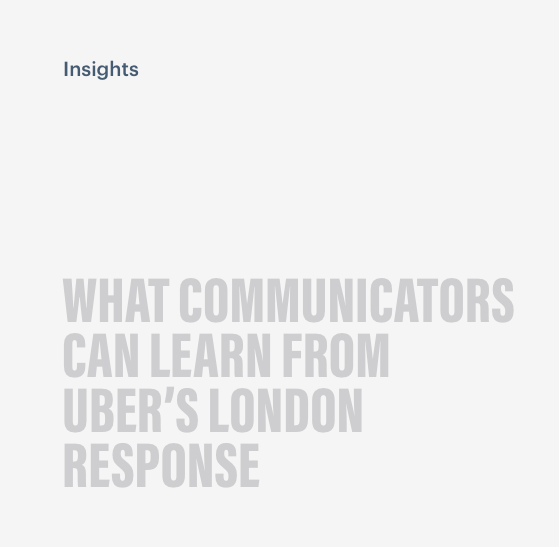International Vaccine Passport Language Strategy
When you sit down at a café in Paris the waiter asks for your pass sanitaire. Go to a restaurant in Rome and instead they want to see your Certificazione verde. In London, they call it the straightforward and rather Anglo Saxon Covid Pass (and you don’t actually have to show it to anyone, or at least not yet).
Shakespeare’s Juliet famously asked “What’s in a name? That which we call a rose by any other name would smell as sweet.” But as we at maslansky + partners know, the right answer is: actually, a whole lot.
As we enter the second autumn of the Covid-19 pandemic, governments continue to seek ways to encourage people to follow protective measures. And while debates rage around the justification – and legality – of government-imposed mandates, the idea of some sort of vaccine passport seems to have caught on in many parts of the world.
In Europe alone, there are lots of different ways to refer to the standardized QR code representing one’s vaccine or testing status. The French pass sanitaire translates quite simply as health pass. By placing the focus on the condition of the pass holder, it communicates that they themselves are healthy – an inherent positive. It feels optimistic and instills confidence. I kinda WANT a health pass.
Contrast this with the UK’s Covid Pass, the language of which directly anchors us in the disease itself. To my American ears, it makes it sound like the pass holder is being excused from something a bit dodgy – being given a pass – just as with the hall passes students used to receive to excuse themselves from being in class.
Like the Brits, the Germans’ CovPass and Danes’ Coronapas lean directly into the disease name itself – which subtly brings to mind exactly the opposite of the LACK of disease the pass is intended to convey. Cognitive dissonance much? While you could say this is calling a spade a spade, it doesn’t do much to frame the pass as anything other than a bureaucratic necessity.
Yes yes, there are, one imagines, tons of nuanced linguistic and cultural differences at play here that literal translations into American English don’t capture. That said, it certainly feels like the Italians, with their certificazione verde or green pass, are on to something. (And yes, for those of you stuck on the certificazione part, I hear you. But the Italian for pass – lasciapassare – isn’t much better.)
A green pass lets you move forward, and DO something, like eat in a restaurant, go to a concert, or jump on a plane. The Israeli’s, with their own green pass, seem to agree. Interestingly, the European Union itself, the driving force behind the universal QR code used in member state passes, launched the idea last spring as the EU Digital green certificate – only to see most member nations go their own way when it came to naming.
In my home state of New York, then-Governor Cuomo took a different approach, launching…the Excelsior Pass. You know, excelsior, the state’s official motto? From the Latin, meaning ever upward or still higher? No? Well a quick Google search reveals that excelsior is a college, a town in Minnesota, a charter school, a brewery, and the catch phrase of Spider-Man creator Stan Lee, who chose it because other comic book writers were always copying him and “they’re not going to know what it means, and they won’t know how to spell it.” Way to go New York!
Obviously the choice to get vaccinated is about far more than just language, and to judge the above terms by country vaccination figures is impossible due to widely divergent local regulations. That said, language and framing play a powerful role in influencing human behavior. And in naming vaccination passports (a term, by the way, that nobody seems to use, I imagine because it risks sounding draconian) in ways that encourage adoption, I think Italy got it right.
Italian Health Minister Roberto Speranza explained it well: “the Green Pass is an instrument of freedom.” Who doesn’t want freedom? Only then did he add the more sobering “second” and more prosaic reason behind a recent regulation that all Italian employees must now show their certificazione verde to go to work: “to reinforce our vaccine campaign.”








